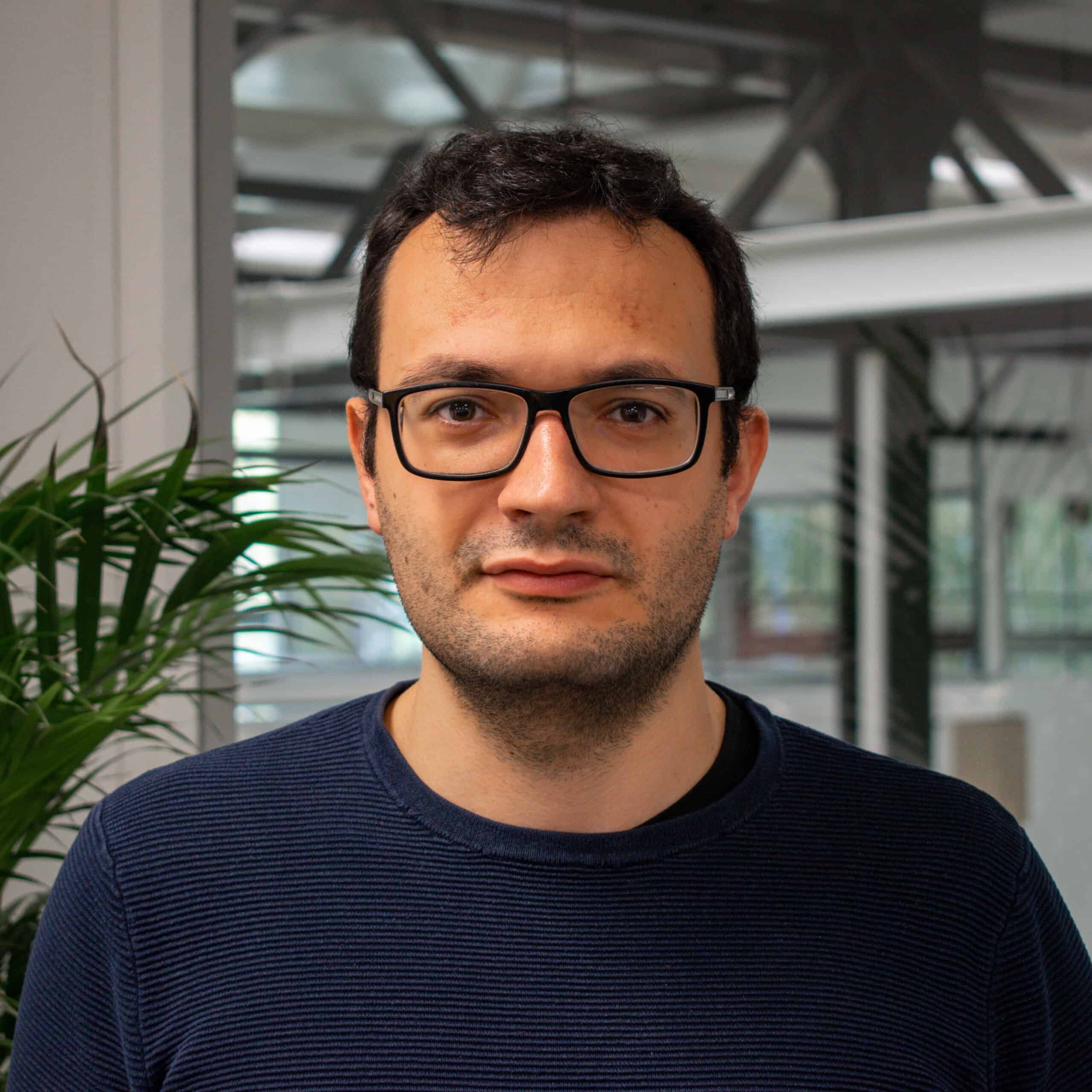
Around 20 percent of the inhabitants of Navarra – a Spanish region located in the north of the country – are 65 and older. Forgetting house keys, or losing belongings are both problems affecting this share of the population. The local government decided to address these problems by harnessing innovation. Articles of clothing were tagged with a built-in chip, and biometric scanners at the front door made it easier to enter homes. Both are prime examples of innovation procurement – IP – in the public sector.
IP involves using public or private funds – depending on the nature of an entity – to procure innovative solutions. This, for instance, could mean hiring a start-up to solve a problem, or bringing in new technology to improve a service. The European Innovation Council – EIC, the EU’s body for finding, developing, and supporting innovation – is promoting and recognizing such practices.
During the European Innovation Council Summit, the EIC announced the 2022 winners of the European Innovation Procurement Awards – the EUIPA. The prize recognizes public and private buyers’ efforts to promote innovation procurement. The accolade had three categories: innovation procurement strategy, dealing with societal challenges, and procurement leadership. Each winner receives €75,000.

Listening to people
The examples of IP mentioned above are part of Navarra’s regional government strategy that is being carried out through the ORS Garage project, which involved elderly patients in care and addicts. “The starting point was listening to their problems, to understand what technologies could help solve them. Things we didn’t initially consider that are essential to them, such as their belongings. An old jacket might have great sentimental value for them, as they may have received it from their mother years ago. When living in an elderly care facility, those belongings are the only memories they have,” explains Luis Campos Iturralde, director general of telecommunications and digitalization in the Navarra government.
Seeing how innovation could impact their lives, the reaction of these people was enthusiastic. “As institutions – or caregivers – we think we know what they need, but it’s not always like that,” Campos Iturralde adds.
After listening to people’s requests and problems, ORS Garage found a technology provider to mark the elderly belongings with small chips, so that losing those items would be avoided – something that sometimes happens during regular laundry washes. The same procedure was the case for the IP aimed at providing quick access to housing. “Both are simple examples of things that can have a tangible impact on people’s lives and improve their daily routines,” Campos Iturralde stresses.
Bridging the gap between start-ups and the public sector
StartOff came out on top of the procurement leadership category. The Norwegian minister of local and regional development created the platform, which connects the procurement agency with start-ups. Despite being a year-old initiative, the EU jury awarded the project for its success in facilitating innovation procurement through a streamlined framework.
According to Sissel Kristin Hoel – StartOff’s project manager – start-ups can help the public sector improve its level of sustainability. “They have sustainability in their DNA and have the newest tech that the public sector needs. However, is usually hard for start-ups to accommodate the requests from the public sector because they are too complex. We break up public tenders bit by bit so that start-ups can solve challenges in small steps.”
Among the initiatives, Startoff facilitated the deployment of a floating waste station that alerts the municipality of Kristiansand when it is time to empty waste containers. It was through the innovation project that the municipality found a supplier in Clean Sea Solutions. This start-up deals with the autonomous removal of plastic litter at sea. Within months, the two parties began testing the first containers in the waters of the archipelago.
Improving healthcare services and patients’ monitoring
Ritmocore triumphed in the innovation procurement strategy category. The Spanish consortium of healthcare centers addresses the progress in the treatment of patients who are using or in need of a pacemaker implant. Nowadays, the sector is experiencing a rise in demand and a shortage of personnel, which makes clinicians’ workloads unsustainable. Patients are primarily over seventy years of age and given the European aging population, there’s a need for new solutions.
The model shifts away from conventional procedures, which invariably also changes the relationship between the healthcare institution and the technology provider. The latter is more involved in changing the patient’s care path, with the introduction – for instance – of remote monitoring devices. Ritmocore resulted in an overall improvement in the quality of care, shortening the time between the diagnosis and the implant of pacemakers. Monitoring from a distance also freed up surgeons’ time.

“Through this initiative, we moved towards a continuum of care, where the patient is checked more frequently, thereby improving the efficiency of our services. Hospital visits fell by thirty percent, while increasing the detection of the failure of devices and arrhythmia of patients, ultimately reducing the occurrence of strokes,” Rossana Alessandrello stresses. She is a procurement director at the Agencia de qualitat I avaluacion sanitaires de Catalunya (AquAS), one of the consortium partners.
Needs first, innovation to follow
In order to carry out IP procedures successfully, all three EUIPA winners agree that it is essential to start by identifying the needs of a particular authority. “The needs must be the focus. Then be prepared to be surprised by what vendors can offer, because they are thinking way in advance about the solutions that they can provide for the problem,” Hoel points out.
According to Alessandrello, it is about assessing needs that are present within the market. “We need to validate them with the market, to see if the companies are technologically mature enough to be able to deliver them. It’s about matching provider outcomes with company outcomes. It is a contract with shared risks.” In addition to local results, receiving a European award is an extra incentive to take these risks and reproduce these practices further. Ritmocore will expand its methods across other hospitals and treat other patients. StartOff will also continue to connect innovators and government agencies. IP in Navarre will be deployed in other sectors. When new challenges come their way, they know that innovation will be able to help them.
In the main picture: the prize winners and runners-up posewith their trophies








